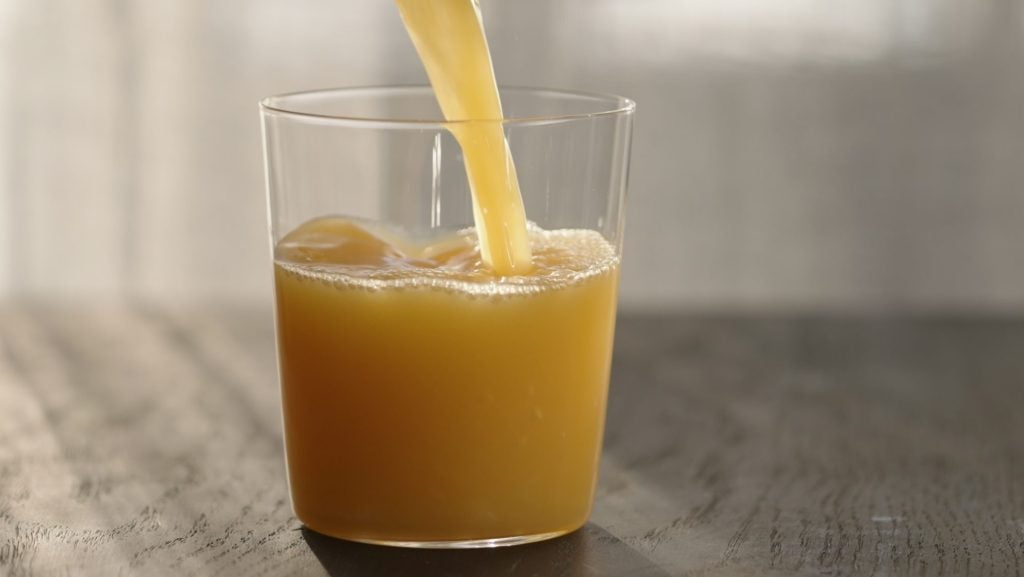The EU has agreed upon new marketing standards for honey, fruit juices, jams and milk to “ensure their free movement within the internal market” and “help consumers make informed choices”.
Last April, the European Commission proposed “breakfast directives” to lay down rules on the composition, sales names, labelling and presentation of the products.
The proposals have now been agreed upon by the Commission, the Council and European Parliament.
Honey blends will require mandatory country of origin labelling with the percentage share of each origin. EU member states will be able to only require percentages for the four largest shares when they account for more than 50% of the blend.
The EC is also set to introduce “harmonised methods of analysis to detect honey adulteration with sugar” which will “limit fraudulent practices and increase the transparency of the food chain”, according to a statement.
An investigation and follow-on report from the EU last year revealed almost half of the honey imported to the bloc had been “adulterated”, with 60% of samples found to be blended with added sugars. And 46% of the samples did not meet the so-called Honey Directive, legislation outlining what can be labelled as honey.
Other rules, which were proposed last April, include “innovation and market opportunities for fruit juices”. Three new categories will become available: ‘reduced-sugar fruit juice‘, ‘reduced-sugar fruit juice from concentrate‘ and ‘concentrated reduced-sugar fruit juice‘.
These new labels will allow consumers to choose a juice with at least 30% less sugars.
The mandatory amount of fruit content in jams has been increased from 350g to 450g per kg. In extra-jams, it has been raised from 450g to 500g. This will “improve the minimum quality and reduce the sugar content of these products for EU consumers”.
Finally, the distinction between ‘evaporated' and ‘condensed' milk will be removed, in an effort to simplify labelling. Lactose-free dehydrated milk will also be authorised.
Janusz Wojciechowski, the EU Commissioner for Agriculture, said: “In updating our marketing standards and norms, we have not only strengthened our existing rules but also bolstered European production and consumer benefits. Our commitment to clearer origin labelling, reduced sugar content, and increased fruit content reflects our dedication to promoting informed choices.”
The political agreement reached by the European parliament, Council and Commission is now subject to formal approval by the co-legislators.
Member states will have 18 months to “transpose the new provisions into national law and six more months before it applies throughout the EU”, the statement read.
“With the new rules we can limit fraudulent practices and have a more transparent food chain benefiting European producers,” Wojciechowski added.









